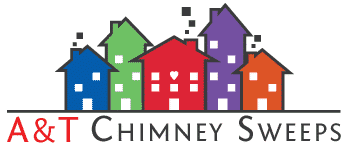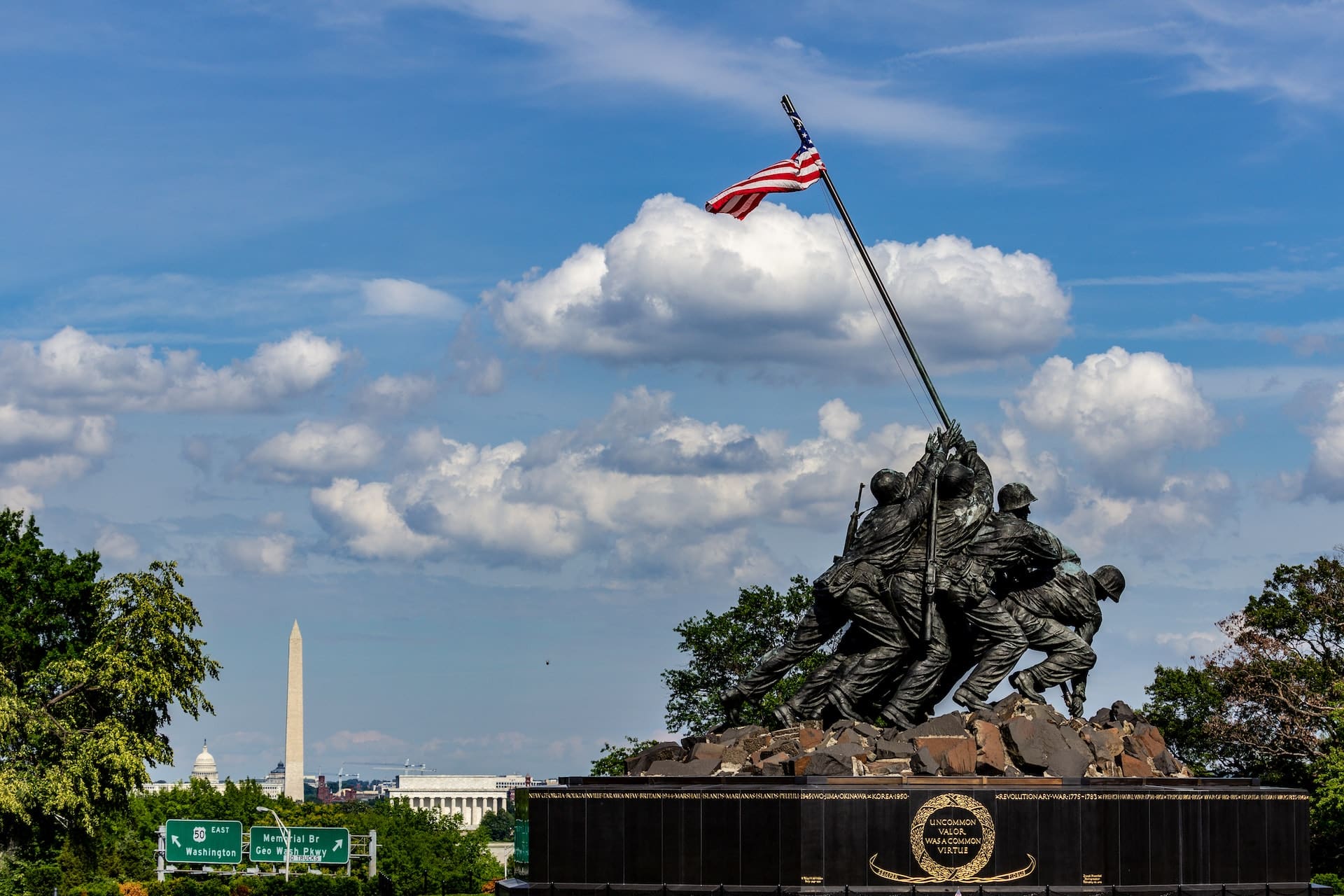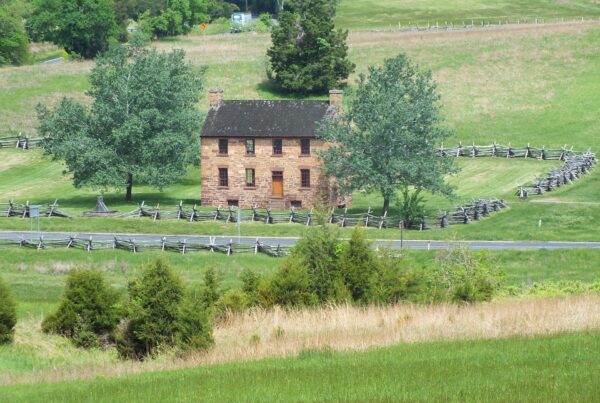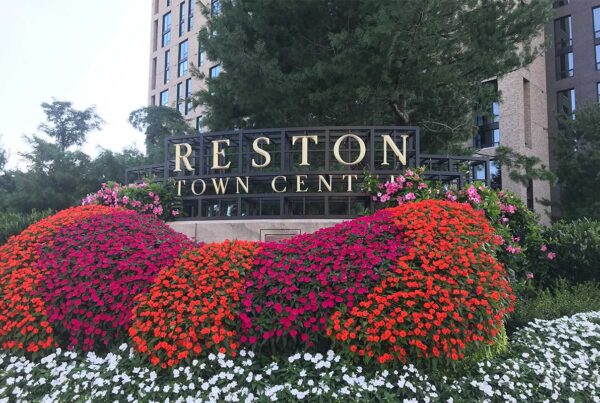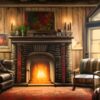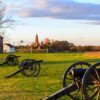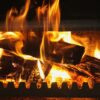Keeping Your Arlington VA Home Safe: Top 10 Chimney Safety Tips
Introduction
As the seasons change, and the warmth of summer gives way to the crisp air of fall, many Arlington VA homeowners find comfort in the thought of curling up beside their fireplace. The fireplace, along with its chimney, is more than just a source of heat; it is a piece of architecture that adds character and charm to one’s home. However, these components demand appropriate care and maintenance to perform safely and efficiently.
A&T Chimney Sweeps fireplace cleaning and repair service in Arlington VA, a leading provider of professional chimney services, emphasizes the importance of adhering to safety guidelines to prevent potential hazards. Here are the top ten chimney safety tips that every homeowner should consider to ensure a safe and cozy atmosphere.
1. Annual Chimney Inspection and Cleaning
Annual chimney inspection and cleaning are crucial to maintain the safety and functionality of your chimney. Over time, soot, creosote, and other debris can build up in your chimney, leading to hazardous conditions such as chimney fires.
2. Use Seasoned Wood
Seasoned wood is wood that has been dried for at least six months. Using seasoned wood reduces the amount of creosote that can build up in your chimney. Green or wet wood, on the other hand, can cause excessive smoke and creosote build-up.
3. Install a Chimney Cap
A chimney cap prevents water, animals, and debris from entering your chimney. It also prevents hot embers from escaping and landing on your roof or yard, potentially causing a fire.
4. Keep the Area Around Your Fireplace Clear
Keep furniture, curtains, and other combustible materials at least 3 feet away from your fireplace. This precaution helps prevent accidental fires.
5. Check for Signs of Damage Regularly
Regularly check your chimney and fireplace for signs of damage. Cracks in the chimney or fireplace, rust, discoloration, or a damaged chimney cap can all be signs of a problem that needs immediate attention.
6. Don’t Overload Your Fireplace
Overloading your fireplace with too much wood can lead to an uncontrollable fire. It can also cause excessive heat which can damage your fireplace and chimney.
7. Dispose of Ashes Safely
Ashes can stay hot for several days after a fire. Always dispose of ashes in a metal container with a tight-fitting lid. Keep the container on a non-combustible surface, away from your home and other structures.
8. Install Smoke and Carbon Monoxide Detectors
Smoke and carbon monoxide detectors are essential for every home, especially those with fireplaces and chimneys. These devices can detect a fire or a dangerous level of carbon monoxide, giving you time to evacuate and call for help.
9. Ensure Proper Ventilation
Ensure your home is properly ventilated when using your fireplace. This helps prevent the build-up of harmful gases like carbon monoxide.
10. Educate Your Family About Fireplace Safety
Make sure all members of your family understand how to safely use the fireplace. This includes keeping flammable items away, not playing near the fireplace, and knowing how to react in case of a fire.
FAQs
Q: How often should my chimney be cleaned?
A: It’s recommended that you have your chimney cleaned and inspected at least once a year.
Q: What is creosote and why is it dangerous?
A: Creosote is a byproduct of burning wood. It’s a sticky substance that can build up in your chimney, and it’s highly flammable. If enough creosote builds up, it can catch fire, leading to a dangerous chimney fire.
Q: Can I clean my chimney myself?
A: While light cleaning can be done yourself, it’s highly recommended that you hire a professional for a thorough cleaning and inspection. Chimney cleaning can be a dangerous job, and professionals have the right tools and training to do it safely and effectively.
Q: What is the function of a chimney cap?
A: A chimney cap serves several purposes. It prevents water, debris, and animals from entering your chimney, and also prevents hot embers from escaping and potentially causing a fire.
Q: Is it safe to leave a fire in my fireplace unattended?
A: It’s never safe to leave a fire unattended. Always make sure the fire is completely out before leaving your home or going to bed.
In conclusion, keeping your chimney safe involves regular cleaning, mindful usage, and being proactive in spotting and addressing potential issues. By following these top ten chimney safety tips, you can ensure that your Arlington VA home remains a safe and warm haven for you and your loved ones.
